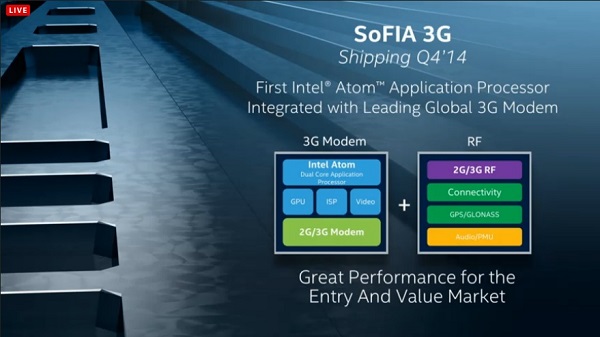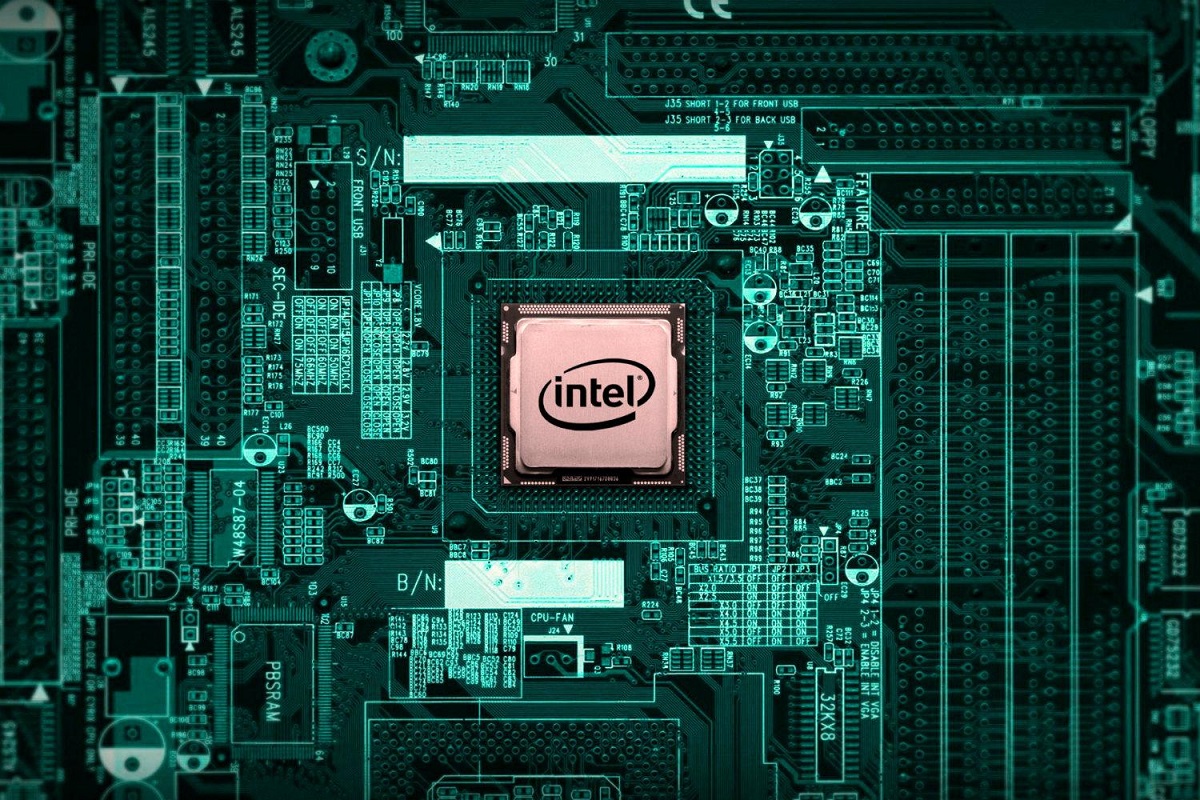It looks like Intel’s mobile device aspirations are on the chopping block during the latest round of corporate restructuring. The company is dropping its SoFIA and Broxton SoCs; both of which were supposed to be the next big push for Intel chips in smartphones and tablets. Despite this, the world’s largest chipmaker isn’t quite ready to exit the mobile market.
Intel’s struggles in the mobile market are no secret, although how much it is struggling is unknown. The company stopped reporting separate numbers for the division after two years. What is known is that the mobile business managed to rack up an impressive $7.4 billion (about RM29 billion) in operating losses during those two years.

Moving away from those kinds of losses isn’t a surprise for the company that has seen challenging times in the post-PC world. Its processors are still doing well in with laptops and convertible 2-in-1 devices; but have dropped off with fewer desktops being sold.
That being said, it looks like Intel is preparing to double down on its modems. Modems are not quite as high profile as processors and chipsets, but are still an extremely necessary part of mobile devices. Next generation 5G also forms an important part of this strategy, with Intel appearing to rush ahead to cater to the inevitable jump to the next iteration of mobile communications technology.
Little is known about how far along Intel is with its 5G technology, although it is expect that the company is further ahead than the competition.
This change won’t impact the company all that much. In fact, it could signal better financial results for the company that has been throwing money into a project will few returns. Of course, smartphone buyers are unlikely to even notice the exit.
[Source: Forbes]
Follow us on Instagram, Facebook, Twitter or Telegram for more updates and breaking news.



